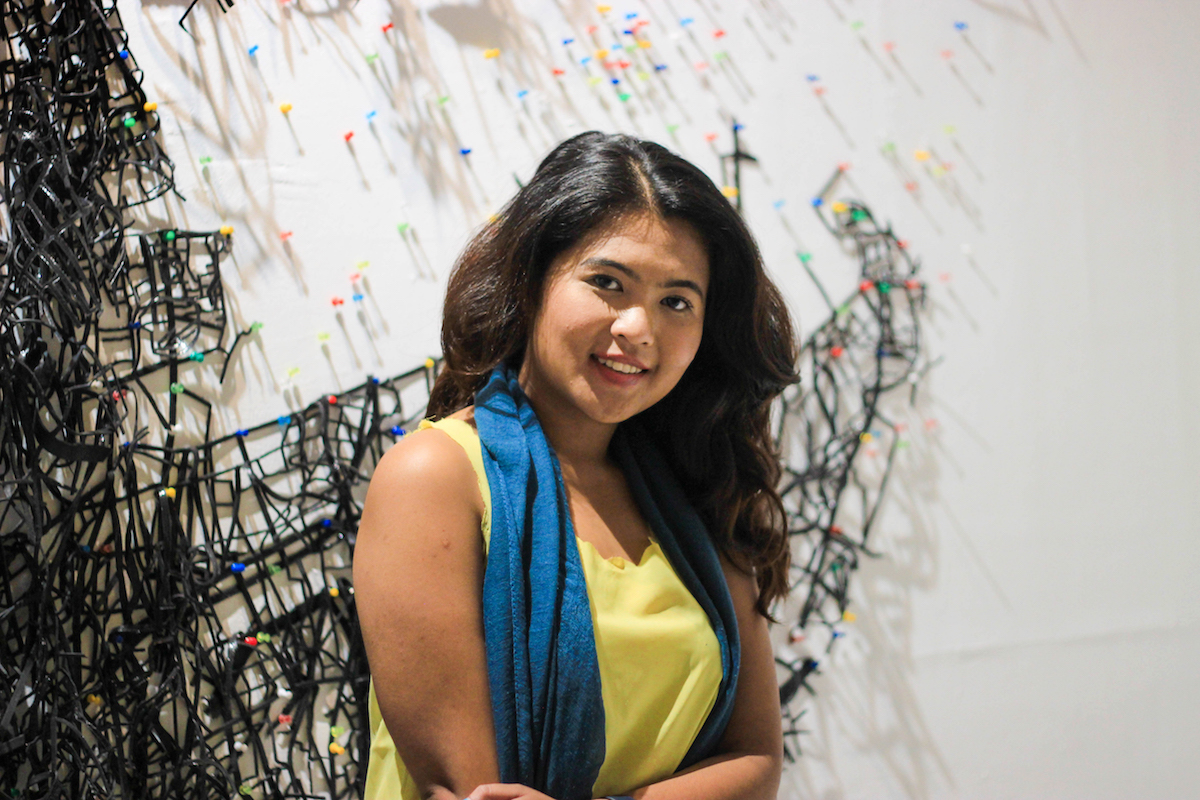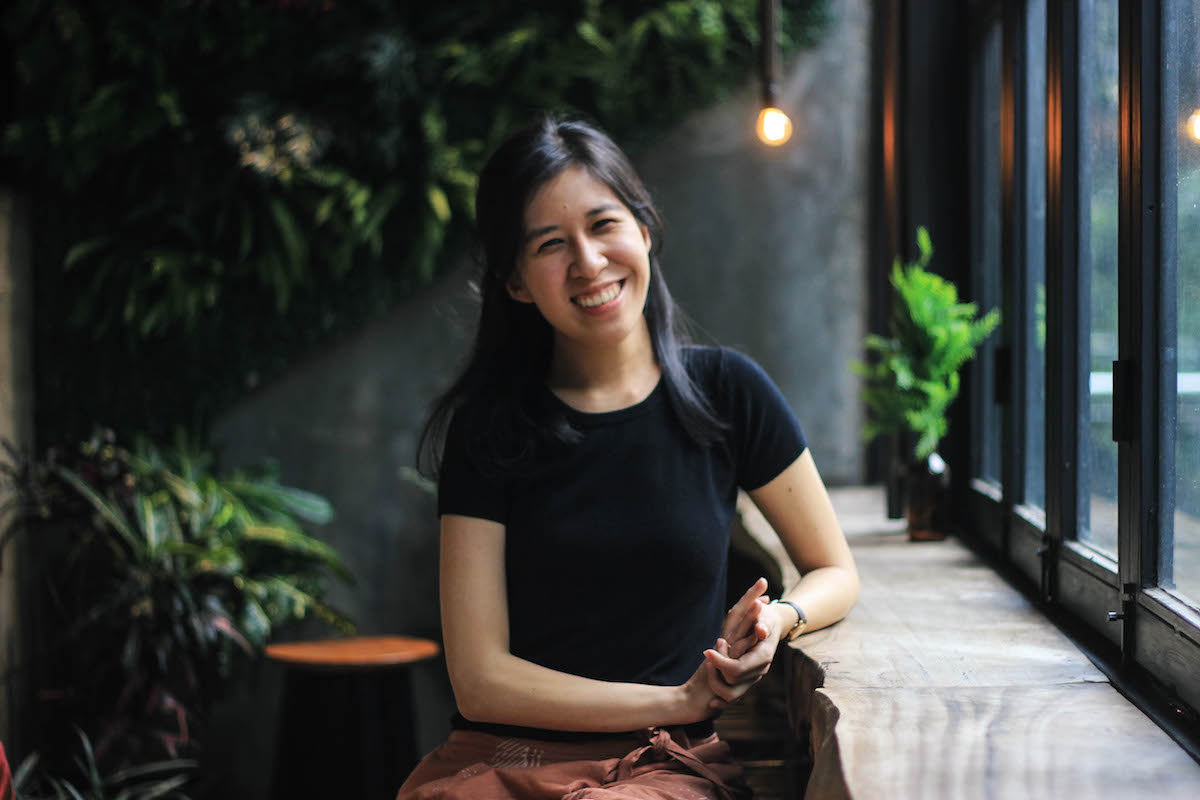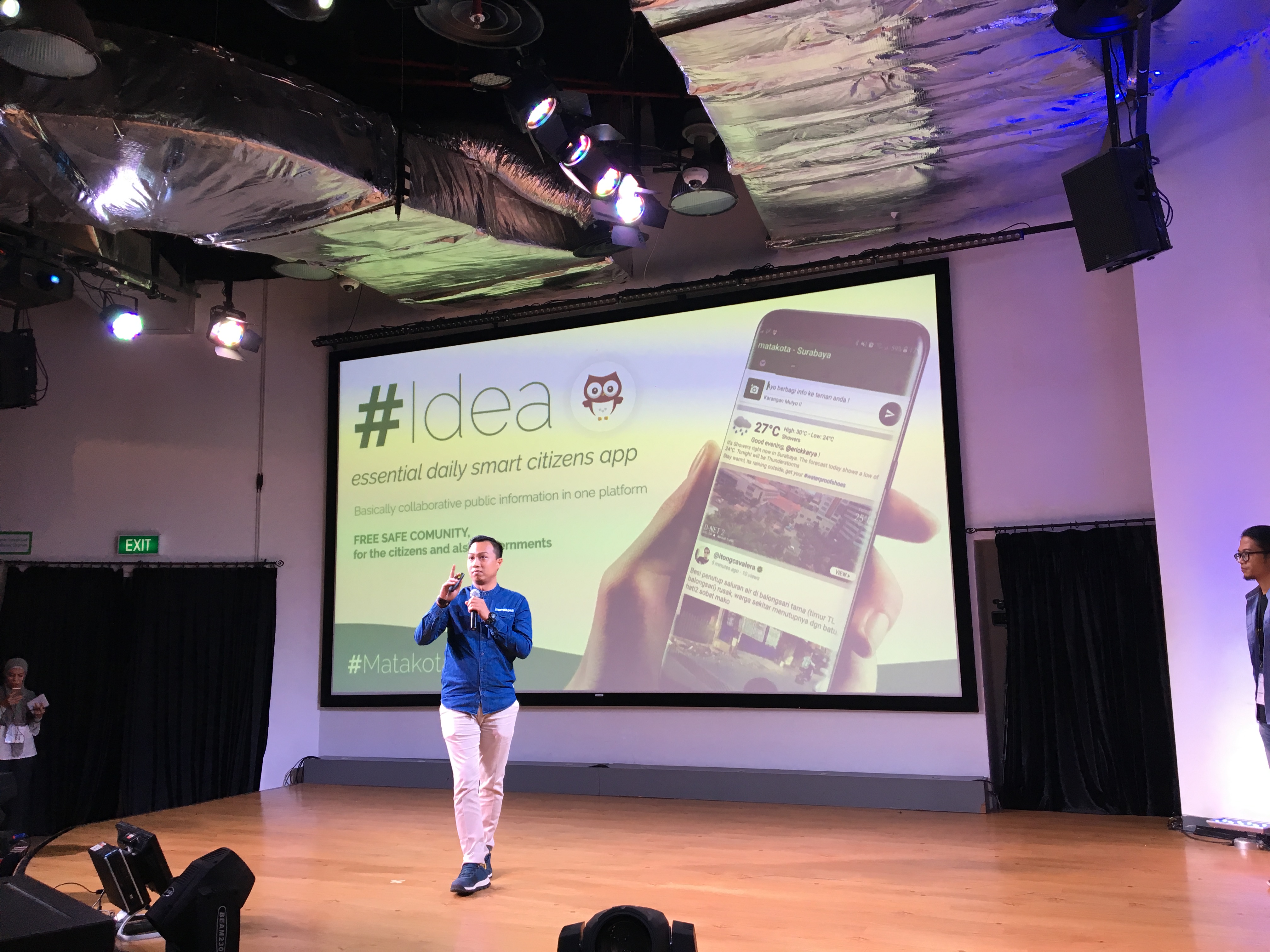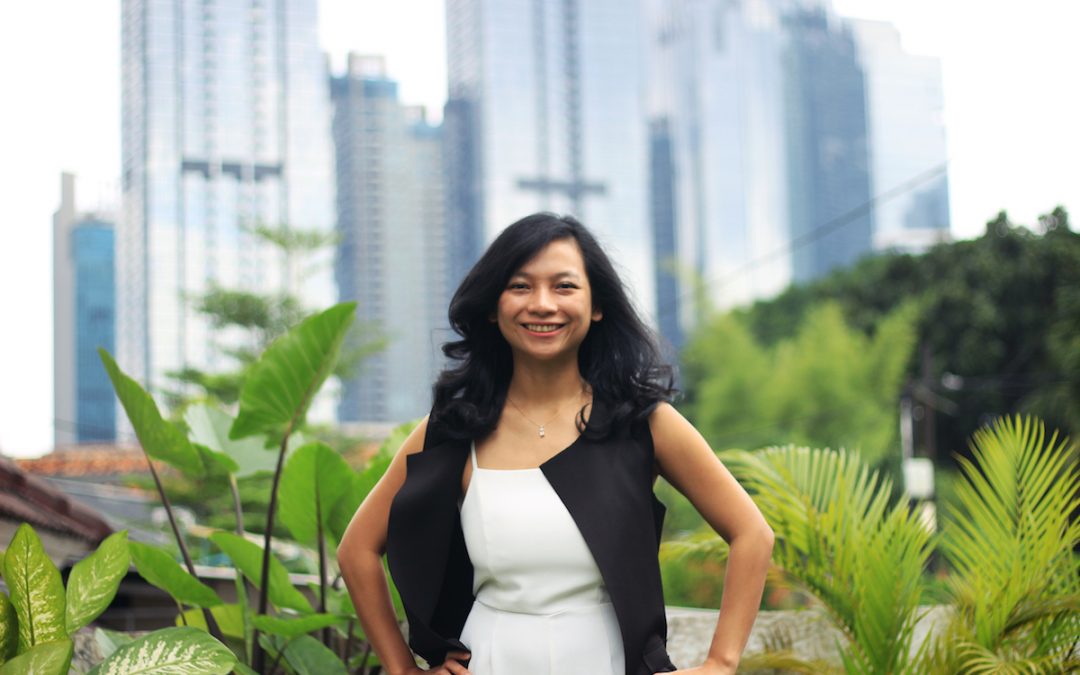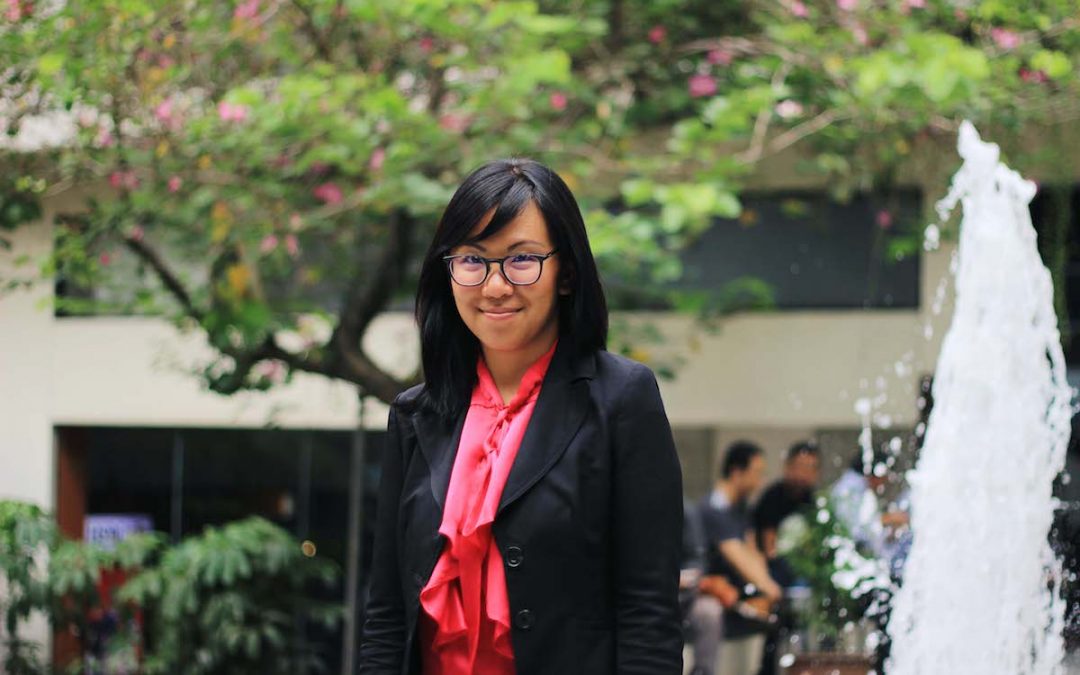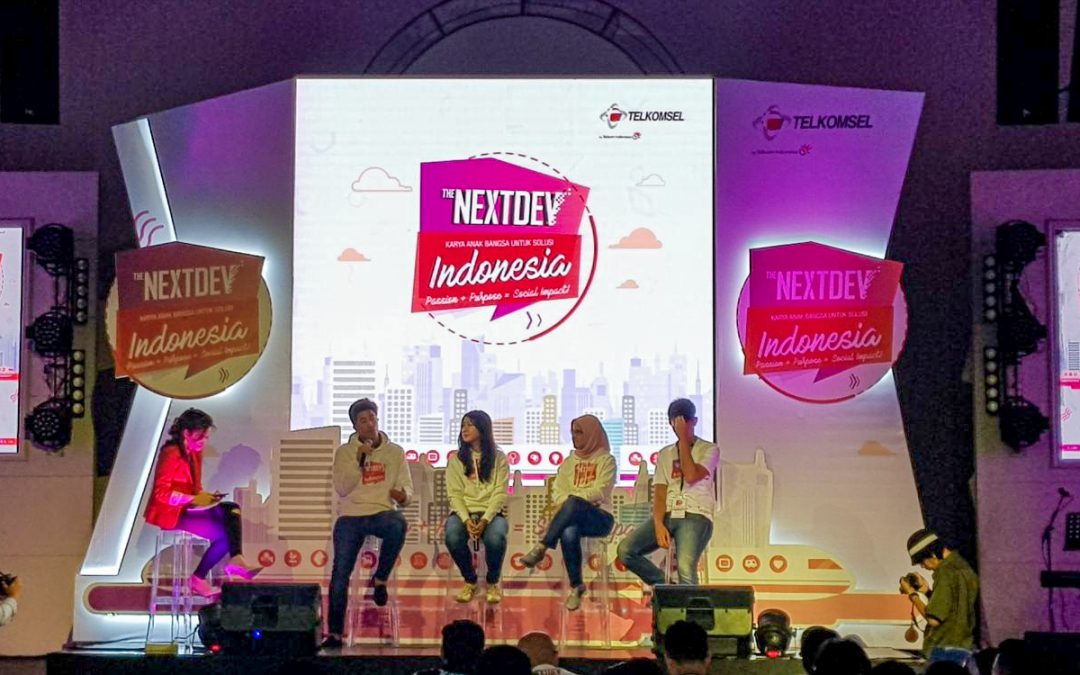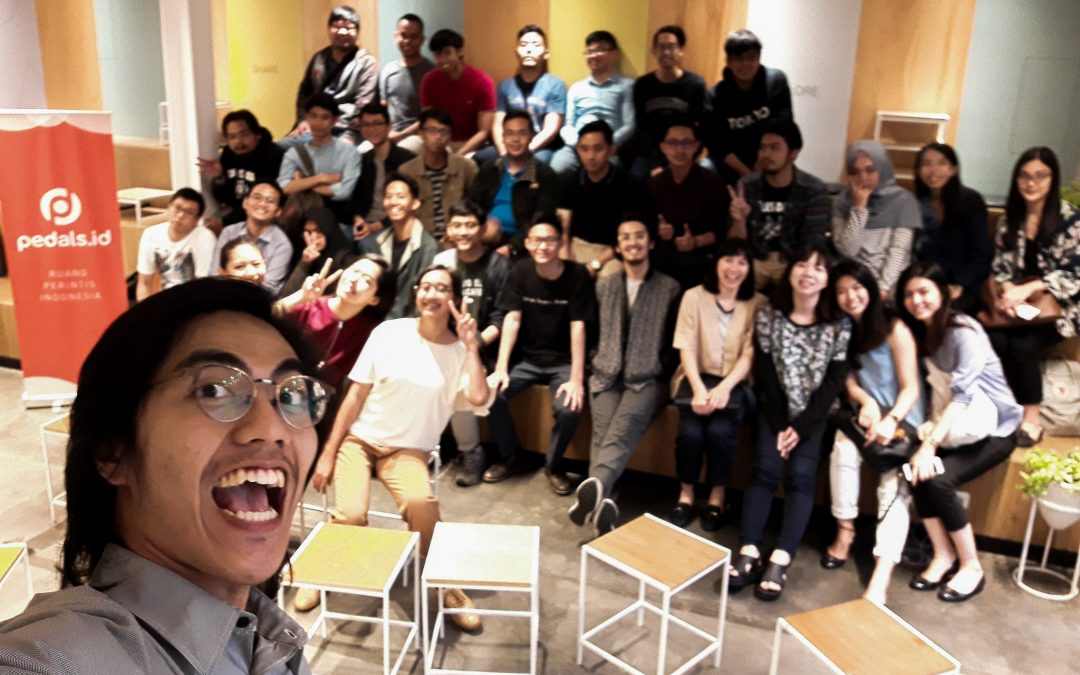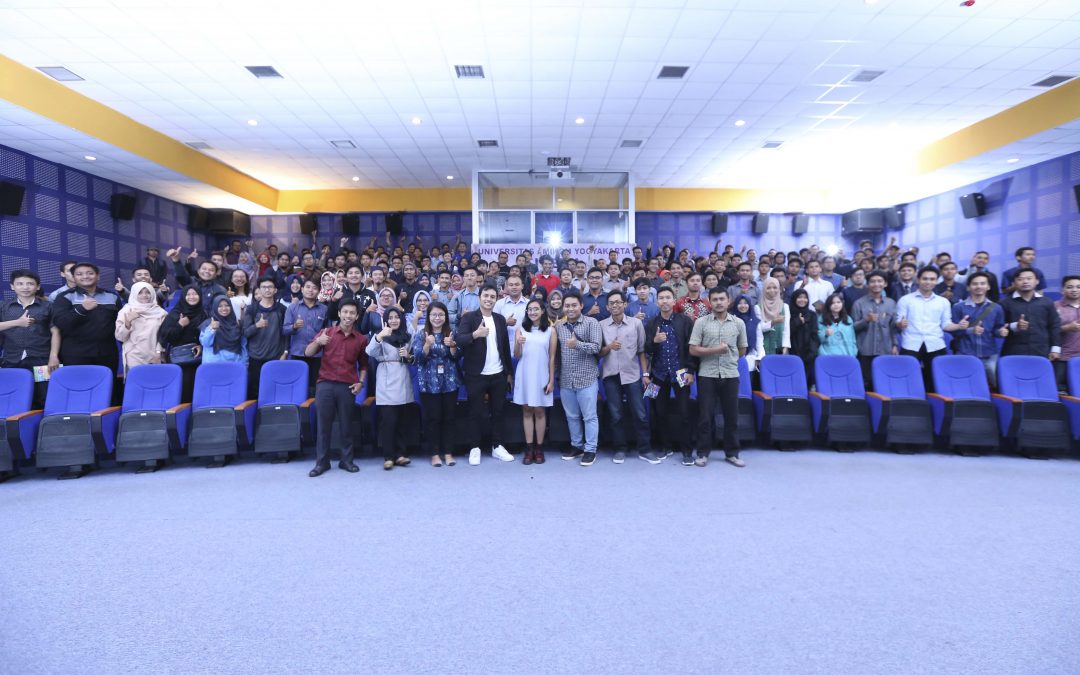Tell us a bit about yourself.
My name is Dheta Aisyah. I am the Chief of Business Development at Binar Academy. To be honest with you, I never planned to do this. Before I started Binar, I worked at GO-JEK and I met my co-founder Alamanda there. After GO-JEK I joined a consulting company called Palladium; I was there for three months and then Alamanda called me and she shared to me this idea that she had. At that time I found that I didn’t fit with consulting life. I didn’t really enjoy it too much and I thought that I could use my potential better at Binar.
Long story short, I spent five years in the U.S. studying and working for a year. When I came back from the US, I hated it. I was quite depressed and I didn’t like what I was doing. In the US, I worked in politics and loved it but because of immigration issues I had to go back. I wasn’t really accepting the fact that I had to return and was having a really hard time adjusting with the new culture. It’s quite ironic because it’s not really new culture; it’s like my home culture, but then it became something that is so distant to me. And so I really hated it and it took me a while to really like Indonesia again. While I was working at GO-JEK, I was looking for other opportunities to come back to the U.S.
But after a year of being depressed and really tired of hating my country, one day I just came up and kind of like switch my point of view you know like instead of me trying to go back to the U.S. because it was comfortable, so why don’t I just switch my perspective and try to change Indonesia to be as comfortable as the US? And not long after that, Alamanda came to me with this idea of digitizing Indonesia, of giving out opportunities to students and second-tier cities of Indonesia more I.T. education. I shared the same vision with her. I thought it aligned to my calling at the time, so I just took the opportunity.
Why is Binar Academy so needed in Indonesia?
One main problem that we are trying to solve is that digitalization is very centred in Jakarta but in order for us to move forward and compete in the global scene, Indonesia as a whole has to be digitalized and I’m not seeing that right now. We are trying to really cultivate the hidden talents – the underdogs if you will – in second-tier cities so that they have more opportunities.
The second thing is that we’re seeing a huge talent war in Jakarta. Good programmers are very scarce and big startups with limitless capital are trying to double down their offers, to the point that it hikes up the market price of software engineers. Companies need to be brave enough to look at Indonesia as more than just Jakarta. There are a lot of opportunities and talents that they can leverage to build their products outside of the capital.
And three, I see that there’s a lot of ideas that are not able to be executed because they don’t have the talents to build the product. At Binar we’re opening up a host of talents in Yogyakarta, and with the abundance of potential hires, we’ll be able to help early stage startups build their product and realize what was once a dream turn into a real product.
Can you comment on the gender makeup of your program? Of the programming world in general?
We have been running for about a year now and have graduated about 300 people over 6 batches. I would say it is very sad that only about 10% of the student demographic are women. I think the stigma is that women are more emotional. That they’re not very systematic, that they’re not very technical. So tech seems to be an unfitting sector for them and so it marginalizes women in that way. But I don’t think that’s true. Tech, as it grows, needs more women in it. The emotional trait of women is very much needed in order to personalize a product, in order to make it widely used. It has to solve specific problems in people’s days, and that’s where women can really make a significant contribution.
How can we encourage more girls to, say, start applying to Binar? Or to similar programs to become engineers and developers?
it requires cooperation from a lot of stakeholders. If it was just Binar, I don’t think we are big enough to be the catalyst of that change. But, for example, in the past we’ve worked with Adidas and Citibank. They have supported us in giving out more scholarships for women to study in our academy. And that is necessary. Corporations should really be aware that the tech sector is something that cannot be dominated by men anymore. So that’s one. And then the second is that parents should be more supportive of the tech sector as a viable sector to pursue as a career. Because, as you know being an engineer or being in the tech industry is not easy; it requires hard work and long hours. Unfortunately, we live in a country where traditional values are still being upheld. It’s like the dichotomy of women and men are still very strong, as if women has their own role which cannot be interfered into by men and vice versa. And I think that certain values might need to be dissolved. It’s not an era where women have to be stuck at home taking care of children. They need to have a career and remembering digitalization is going to be the future of work, the future of our era. Parents and families in general have to start planting their seed to women in their families to see tech sector as a viable sector to pursue as a career.
Can you speak more about your own personal experiences as both a woman in the tech sector and as a female co-founder?
I think I am very fortunate to not really care about what people think of me. Maybe judgement is out there, but it really doesn’t affect me. I can tell you that very often I am the only woman at the table. And sometimes it is quite degrading where guys would start to flirt with me just because I’m the only woman on the table. And given my age, I think it’s very tempting for them to do it especially in my role as BD. I negotiate deals a lot and sometimes being a woman kind of puts me in that kind of position.
How do you deal with that stigma or that temptation from guys kind of do that? Like how do you how do you deal with that?
Like I said, just show them who’s boss. You know, if they are being flirty with you, maintain your composure and just stay professional. It’s their problem, not yours, so you’re not the one to solve it. You just keep doing what you’re doing. If you’re negotiating, just keep negotiating. If wearing a knee-length skirt or dress is what’s comfortable for you, don’t change it just because you’re afraid that someone some guys on the table will flirt with you. Just do you and be honest. A lot of people are thrown off and discouraged by this environment that they’re in, and it’s very unfortunate because I’ve seen a lot of women do that. Just be confident. Stick with it.
Are there any digital trends in Indonesia you are excited about?
What I’m really excited right now to see is that the move towards the digitalization in the manufacturing industry I think like if we see the global trend. A lot of them are going to 3D printing. And I’m really excited. If the industry in Indonesia will start adopting that technology. Because I think it’s going to make our goods a lot cheaper which is good for consumers. It will force us Indonesians who are used to working in factories but want to be in a better position to use their brain and potential into something that is more worth it. You know I think it was very Victorian era to work in a specialized field doing the same thing all over again. And now we have this technology that can free us to really explore our societal needs. So I’m really excited to see that.
Do you have any advice for those who want to become an entrepreneur in the tech sector?
I would say start to think about your first $100,000 as soon as possible. Now if I interview people, one thing that I always ask is, “How did you make your first $100,000?” If the answer is like, “My first $100,000 is from my first job out of college,” then I don’t think you have the entrepreneurial mindset within you. So start thinking about it. Start relying on yourself to sustain the kind of life that you want.
And don’t wait to start until the end of college. If you are still in elementary school and have a good idea, for example. Start by buying something on the market and then selling it. Jack up the price and sell it to your peers. It’s that easy to make money. Like me for example, a little bit of an intermezzo but when I was in 4th grade, I was very fortunate to have been given permission to subscribe to magazines. A lot of my peers didn’t have that luxury. So what I did was I cut up sections from different magazines – I created my own magazine of sorts – and then I sold it to my friends. And it was really for no cost; literally, my parents paid for the magazines but then I got to make money out of it.
So yeah, think about how to make money and don’t wait until other people give you that opportunity. Make that opportunity for yourself to start having a dream. Start thinking about where you want to be 10 or 20 years from now. Because that vision in your head is something that will really help you move forward. If you have that vision, often enough you’re going to create an itch in yourself like, “I really want it. I don’t just want it to be in my head. I want to actualize it.” And that’s going to be the base of your motivation theory.
Start looking for a role model. I think that’s very important. Sometimes I think people in Jakarta are very globalized and they’re open to information. But what is important is that Jakarta is the minority. Jakarta is not representative of Indonesia. And the sad thing is that a lot of women and the rest of Indonesia lack that information of what they can achieve. As you explore a lot of role models, try to define what success means to you. Because as you grow up, you’re going to be so tempted to really follow what your role model is doing — but don’t forget to be authentic as well.
Who is your role model?
I like a lot of people, but I would say my role model is Tim Ferriss. He is very balanced, very ambitious in his work and worldly pursuits. But at the same time, he’s very spiritual. And I think having that balance is very, very important. He’s very sharp. He’s very disciplined. What I like the most about him is that he always experiments on himself and tried to create new habits that made him even more productive in everything he does. That’s really something that I look up to because even though he’s now very successful, he always sees that there’s room for improvement. And I think that is very admirable.
